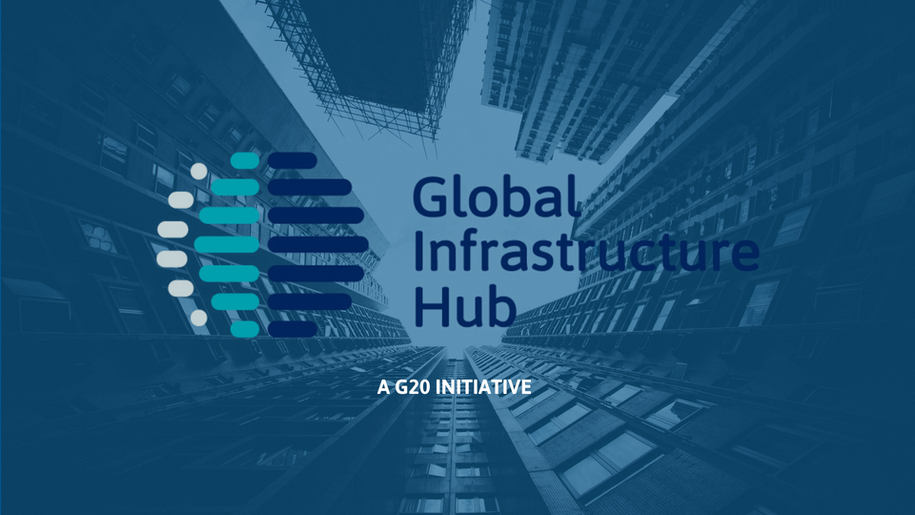923 results found
Featured results



More results
This paper introduces the Smart Region Index to assess local infrastructure gaps in Central, Eastern and South-Eastern Europe (CESEE) regions compared with the EU.

With a growing global focus on attracting private sector investment into infrastructure and utilising the public-private partnership (PPP) model, it is crucial that governments focus on the entire duration of a PPP contract. Efforts need to extend beyond ‘achieving financial close’ and beginning construction or ‘cutting the ribbon’ for commencement of services.
This brief outlines how better crash data can be used to improve road safety




This publication from the IADB his publication covers PPPs with a focus on the implications for public finances in developing economies.
Risks can be hard to define, manage and mitigate. In infrastructure projects that cross regional or national borders and involve multiple parties from both the public and private sector, these risks may be amplified.
Investors need certainty of the division of responsibilities between the various parties involved in the project, as well as a clear commitment of payment from the parties, before becoming involved in the project themselves. This requires countries to have reached a clear and durable commitment to their respective responsibilities.

Talk of trade tariffs and heightened geopolitical tensions are dominating news headlines recently. As developed economies consider escalating protectionist policies, it’s easy to forget about the situation many emerging markets face.

This report provides a comprehensive overview of digital transformation in Russia, including chapters on the general digital economy in Russia, the global best practice for enhancing digital platforms in Russa and boosting digital innovation.

As outlined earlier in this blog series, private investors are looking for reliable returns to justify the risks that they are taking. Financing and procurement of cross-border projects will often be more complex than national projects due to the scale of the project and compounded risks, and the financial returns may be more uncertain than for national projects.
The Financial Stability Board (FSB) have published a consultation report on the Evaluation of the effects of financial regulatory reforms on infrastructure finance.
On 22 July, at their meeting in Buenos Aries, the G20 Finance Ministers and Central Bank Governors voted to renew the mandate of the Global Infrastructure Hub for another four years.
The Global Infrastructure Hub and Turner & Townsend Launch PPP Contract Management Tool. Effective management essential to unlocking value behind infrastructure PPPs.
This book addresses two concerns. First that advanced technologies developed in high-income countries would inexorably lead to job losses of lower-skilled, less well-off workers and exacerbate inequality. Second Policies intended to protect jobs from technology advancement would themselves stultify progress and depress productivity, these are addressed using the output effect subsitution effect framework.

On 12 July 2018 the GI Hub’s COO, Mark Moseley, joined a webinar panel on blockchain and its applications for infrastructure, hosted by the International Project Finance Association (IPFA). Blockchain is the technology that underpins Bitcoin and other similar ‘cryptoassets’, such as Ethereum and Ripple. Its potential, and the recent volatility of cryptoassets, has made the technology one of the most hyped and misunderstood technologies in the market.
Infrastructure can often be used as a pawn in the political chess game, not only at a federal level between political parties, but at a foreign policy level too. It’s crucial that a cross-border infrastructure project has political support and cooperation from all parties involved, and that it’s being supported not for political gain, but to further regional development. A lack of strong political leadership can be detrimental to a cross-border project, and weak capacity can be a deterrent to investors.
The Africa Infrastructure Fellowship Program (AIFP)—a joint initiative between the Global Infrastructure Hub (a G20 initiative), private investment firm Meridiam, and the World Economic Forum (WEF)— has been formally announced by Mr Jean-Baptiste Lemoyne, the Secretary of State attached to the Minister for Europe and Foreign Affairs.



 PPP Contract Management
PPP Contract Management













